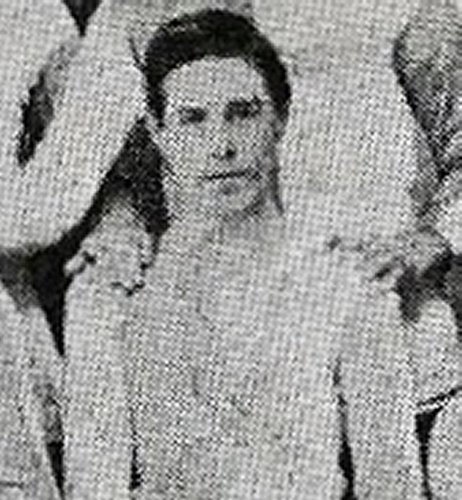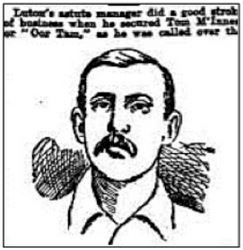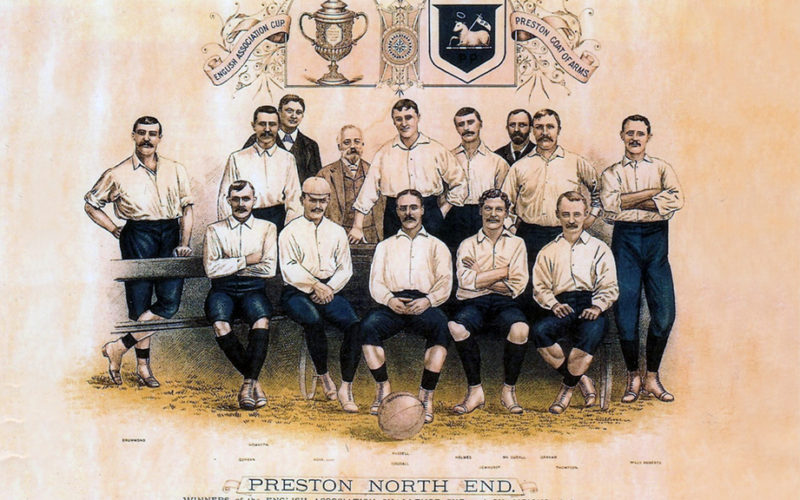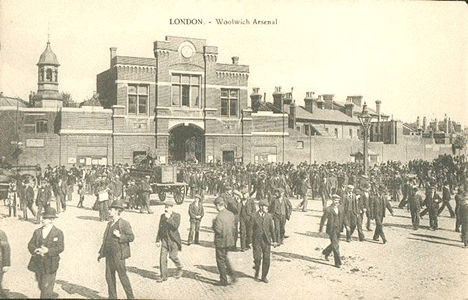A Tale of Two Secretaries
When the draw for the Second Round of the 1881-82* Lancashire FA knockout gave Everton an away tie at Turton, the Everton club secretary, John W Clarke, quickly consulted his Bradshaw’s Railway Guide before making his way down to the local offices of the Lancashire & Yorkshire Railway Company on Tithebarn Street in Liverpool. Once there, he made the travel arrangements for himself and his players to compete in this important cup tie. So it was that, on Saturday, 10 December 1881*, the intrepid members of Everton Football Club boarded the express train which, after making one stop at Wigan,…




